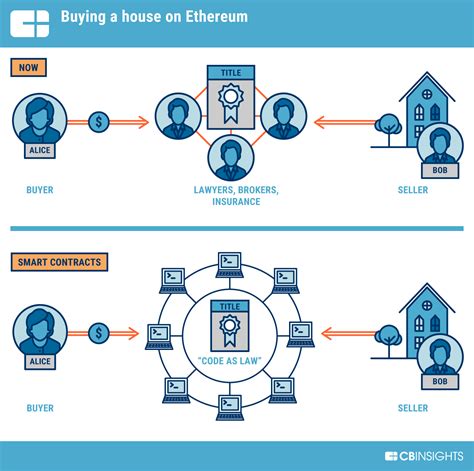Ethereum: The Blockchain Solution for Software Licensing
The rise of cloud computing and the growth of online applications have created a pressing need for efficient and second software licensing solutions. For decades, Traditional Software Licensing Models have been plagued by issues like verification, piracy prevention, and cost inefficiences. Ethereum, the decentralized blockchain platform, has emerged as a potential game-changer in this regard.
The Problems With Traditional Software Licensing
Traditional Software Licensing Models Rely on Centralized Authorities to Manage and Verify Usage. However, Thesis Systems offten Suffer From Several Drawbacks:
- Verification Challenges : Implementing robust verification mechanisms can be resource-intensive and may require significant upfront costs.
- Piracy Prevention : It’s easy for users to copy or distribute software without permission, making it difficult to track and enforce licensing agreements.
- Cost inefficeiens : Centralized Authorities of need to spend money on licensing fees, auditing, and enforcement, which can be costly and bureaucratic.
The Promise of Blockchain-Based Software Licensing
Ethereum’s Blockchain Technology sacrifices a revolutionary approach to Software Licensing. By utilizing Blockchain, Developers can create decentralized platforms that enable secure, transparent, and efficient licensing management.
decentralized verification and licensing
With ethereum, verification and licensing processes become decentralized, eliminating the need for centralized authorities. Here’s how:
- Smart Contracts : Self-Executing Contracts with the terms of the license can be created using smart contracts on the blockchain.
- Cryptographic Keys : Digital signatures and encryption ensure that licenses are valid only when verified by authorized parties.
Blockchain-Based Piracy Prevention
Piracy Prevention is also simplified through Ethereum’s Blockchain-based System:
- Digital Watermarking : Watermarking Ensures that software distribution records can be linked to the original source, making it easier to declect piracy.
- License Tracking : Blockchain-Based Systems Enable Real-Time Tracking of Licensees, Allowing Authorities to quickly identify and recover infringing copies.
Real-World Examples and Applications
Several companies have already explored or implemented Blockchain-based Software Licensing Solutions:
- BitTorrent’s decentralized licensing system

: a decentralized system for distributing copyrighted content has been developed using ethereum.
- IBM’s Blockchain-based Software Licensing : IBM has launched a blockchain-based platform for Managing Software Licenses, Enabling Secure and Transparent Access to Intellectual Property.
Conclusion
Ethereum’s Blockchain Technology sacrifices a comprehensive solution to the complex issues surrounding paid software licensing. By providing decentralized verification, simplified piracy prevention, and efficient licensing management, ethereum can help organizations unlock new opportunities in cloud computing, online applications, and emerging technologies.
As the adoption of blockchain technology continues to grow, we can expect to see more innovative applications in software licensing. While there are still challenges to overcome, the potential benefits of a decentralized and secure software licensing model make ethereum an exciting prospect for both developers and organizations seeking cost-effective and efficient solutions.
Để lại một bình luận